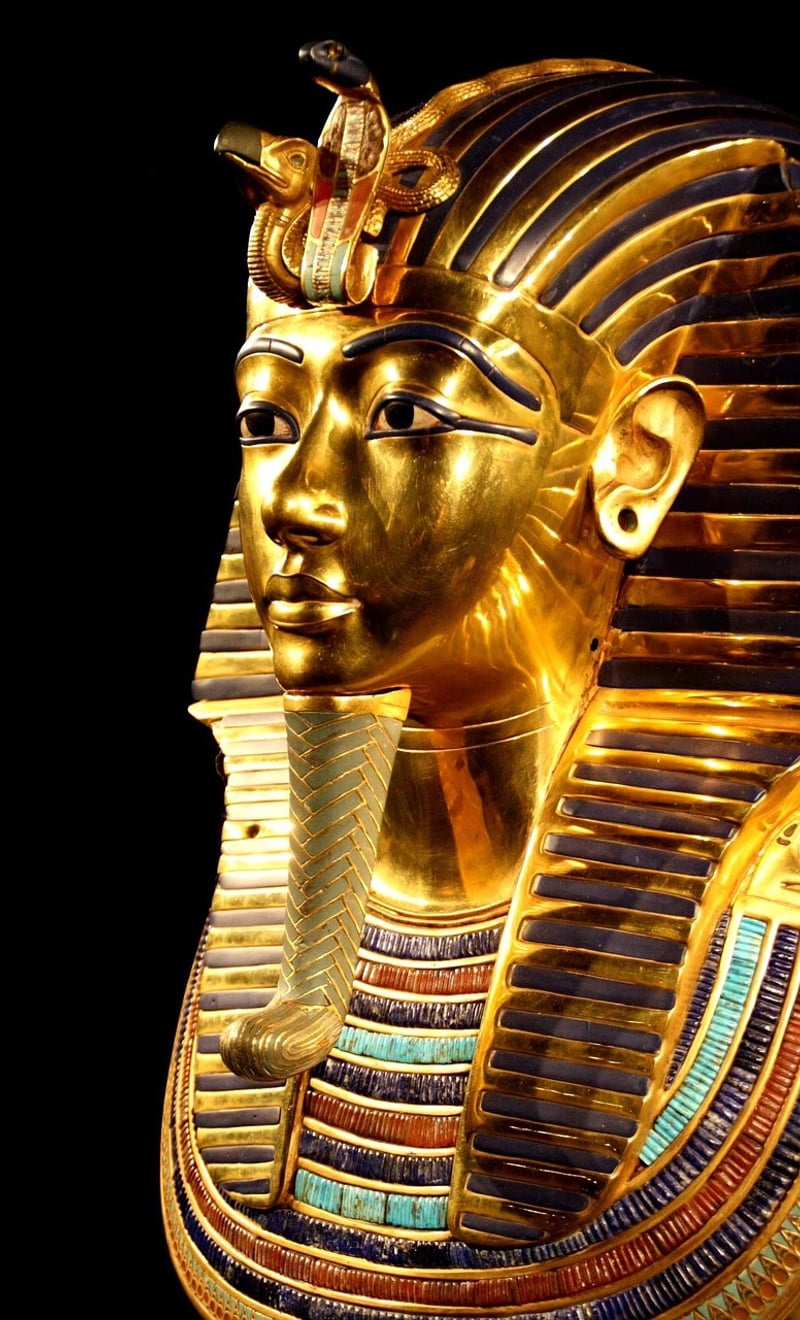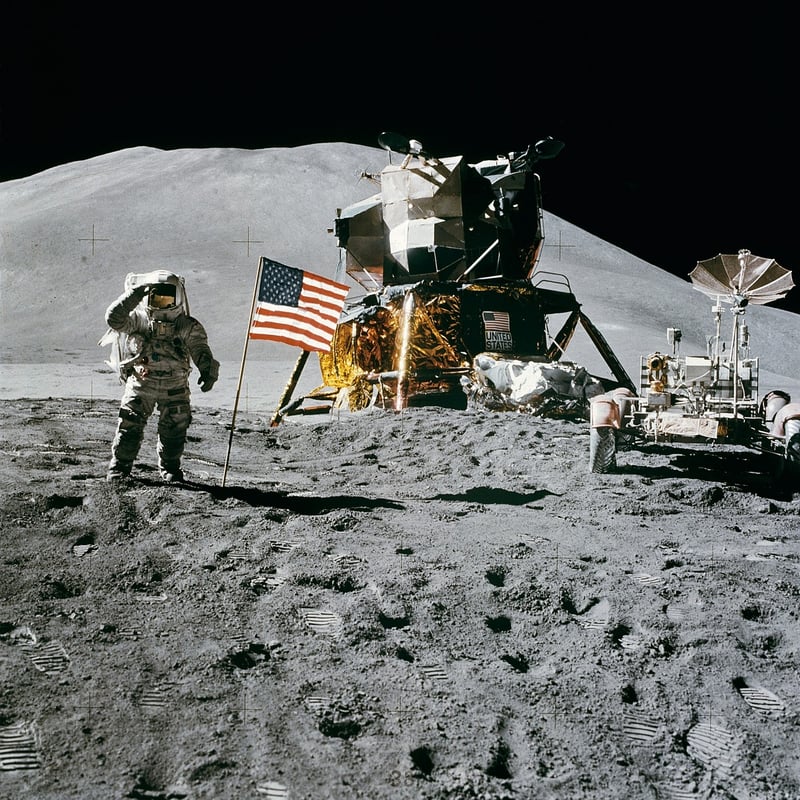Future Exploration
Exploring Different Eras and Future Exploration
Introduction
Human curiosity has driven exploration throughout history, leading us to discover new lands, cultures, and technologies. From ancient civilizations to the modern era, each period of exploration has shaped our understanding of the world. As we look back at these eras and reflect on the achievements of our ancestors, we also ponder the possibilities of future exploration.
Ancient Exploration
Ancient civilizations such as the Egyptians, Phoenicians, and Vikings were among the first to venture beyond their borders in search of new territories and resources. These early explorers navigated the seas, crossed deserts, and traversed mountains, laying the foundation for future expeditions.

Age of Discovery
The Age of Discovery in the 15th to 17th centuries marked a period of extensive exploration and colonization. Explorers like Christopher Columbus, Vasco da Gama, and Ferdinand Magellan set sail to chart new trade routes, leading to the global exchange of goods, ideas, and cultures.

Space Exploration
The 20th century saw tremendous advancements in space exploration. The launch of Sputnik by the Soviet Union in 1957 marked the beginning of the space age. Since then, humans have walked on the moon, sent probes to distant planets, and established a continuous presence in space aboard the International Space Station.

Future Exploration
Looking ahead, the future of exploration holds exciting possibilities. From manned missions to Mars to the discovery of exoplanets capable of supporting life, the next frontier beckons. Advancements in robotics, artificial intelligence, and propulsion systems are paving the way for unprecedented journeys into the unknown.
Conclusion
Exploration is ingrained in the human spirit, driving us to push the boundaries of what is known and discover the mysteries that lie beyond. As we reflect on the achievements of the past and look towards the future, one thing is certain – the spirit of exploration will continue to inspire us to reach for the stars.
